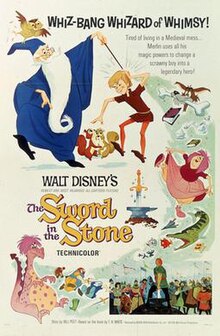A bunch of Japanese comic strips about Atsumi, a high school girl who looks like a child, and her younger brother Atsushi, a child who looks like a high school student. They have parents, eventually, about half-way through when I was starting to wonder why Atsumi and Atsushi were living on their own. Their friends and neighbours make an appearance. Atsushi’s teacher, Moriyama-sensei, is around too. The jokes just recycle through — mainly that Atsushi, looking like an adult but really a young boy, keeps getting arrested for “kidnapping” his classmates. I guess it’s funny that the Japanese police force are on the lookout for child predators? Or that a lot of older girls/women want to date Atsushi because he looks like an attractive young man? I guess, maybe, sort of funny? Reading Recorder and Randsell is sort of like reading all the Peanuts‘ strips where Lucy is holding the football ball for Charlie Brown: you know what’s going to happen, but you keep reading anyway.
But, over-arching everything else in this manga, we need to discuss more on Moriyama-sensei (ignoring the fact that she seems sexually attracted to her student Atsushi, which is just rather unsettling.) Even adjusting for manga/anime style, Moriyama-sensei’s bosom is distracting. My back aches just looking at her boobs sticking out like a good foot from her body. Like having two watermelons Krazy-glue’d to your chest. I’m guessing that this artistic choice of character rendering probably should be taken as a hint that I am not the projected audience of this manga.
Recorder and Randsell by Meme Higashiya went on sale September 1, 2015.
I received a copy free from Netgalley in exchange for an honest review.























































